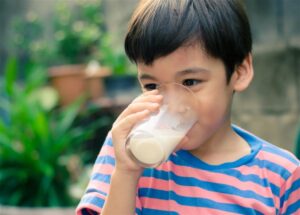
A table for 10 billion: The role of dairy in global food security and sustainability
How dairy combats malnutrition, supports communities and drives innovative solutions for a healthier planet
Help us share the science and stories of World Without Cows at the dynamic and globally influential South by Southwest (SXSW) film festival and conference!
We have submitted a proposal to the SXSW PanelPicker to host a 2025 panel discussion on cows and climate:
“Are We Better Off in a World Without Cows?”
There are 1.5 billion cows in the world — one cow for every five people on this planet. Cows are a significant source of nutrition for people all over the world — and the single largest agricultural source of methane. From news stories to oat beverage commercials, some seem to think we no longer need cows. But what would happen if we removed them? Our expert panel will discuss the cultural and economic significance of cows, their role in nourishing the world and their impact on the environment, as they attempt to answer a simple question, “Are we better off in a world without cows?”
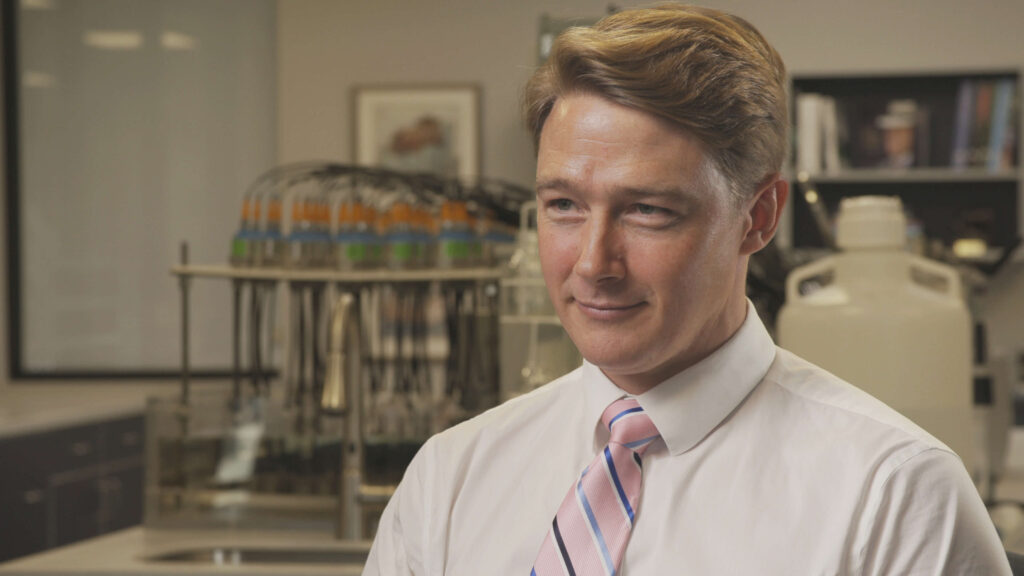
Vaughn is a ruminant nutritionist and agricultural biotechnology researcher. His interests include the role of nutrition in disease and health in animals and humans.
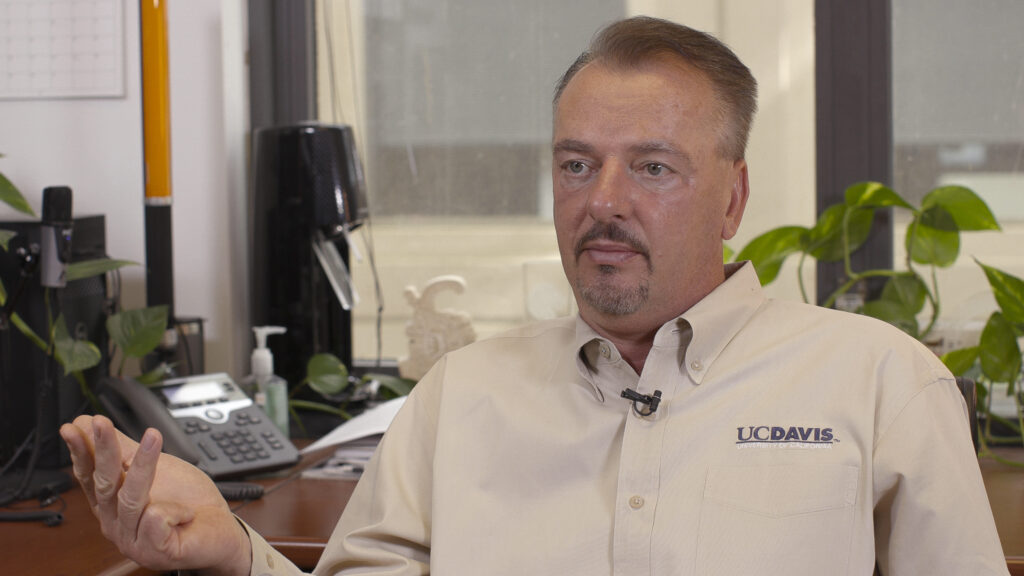
Frank works to bring clarity to the intersection of animal agriculture and the environment, helping the global community understand the environmental and human health impacts of livestock.
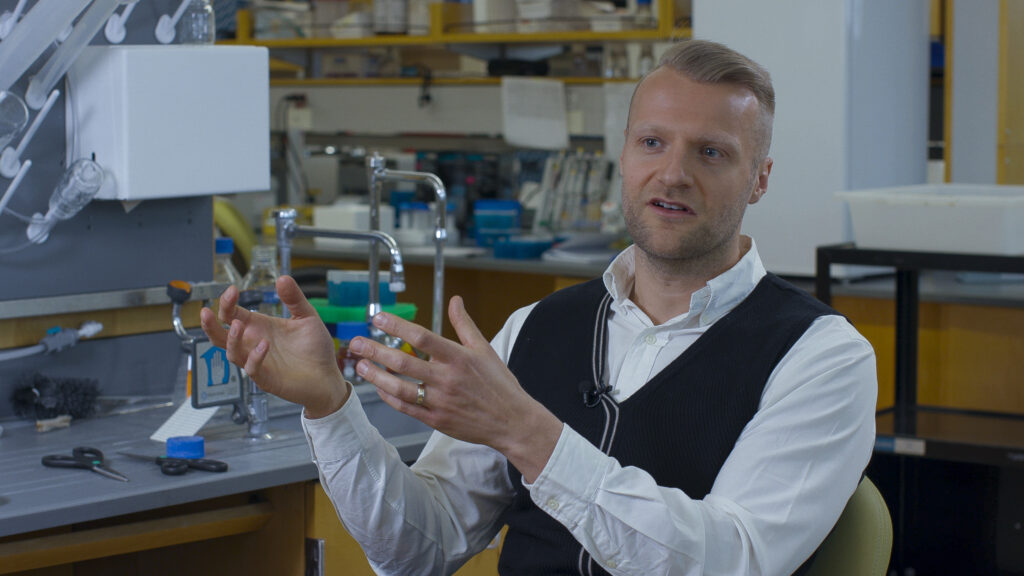
Stephan is a nutrition scientist with metabolomics expertise in nutrition, dietetics and food science. His research is performed at the nexus of agricultural and human health. He routinely collaborates with farmers, ecologists and agricultural scientists to study critical linkages between agricultural production methods, the nutrient density of food and human health.

Greg is a professor of environmental geography, an author and plant-based thought leader focused on ecology, sustainability, and human health and performance.
PanelPicker allows the community to vote for the panels they want to see at SXSW in 2025. Click here to go directly to our proposal.
Public voting accounts for about 30% of the decision-making process, and feedback from the SXSW advisory board and staff accounts 40% and 30%, respectively.
Please like and share social media posts and ask your friends and family to vote for our panel so we can share this exciting story with even more people!
World Without Cows is an exciting journey of discovery that sent two filmmakers around the world to answer one simple question: Are we better off in a world without cows? Through interviews with food producers, economists, nutritionists, professors and other experts in agriculture and environmental science, this documentary explores the true impact of cattle on our world through three core themes:
World Without Cows challenges the prevailing narrative and aims to spark an important conversation about the role of cattle in our world, inviting viewers to consider the consequences of suddenly removing cattle from the planet.
The documentary is now in the final stages of production and we have entered the activation phase, which is designed to build awareness about the film and, ultimately, help secure its distribution on streaming platforms or networks. Click here to get a sneak peek at the documentary.
World Without Cows is a Planet of Plenty® production. Working Together for a Planet of Plenty was launched in 2019 by Dr. Mark Lyons, president and CEO of Alltech, a global animal nutrition company. Planet of Plenty is a call for collaboration across industries and geographies to create and embrace science-based solutions that help agriculture provide nutrition for all, revitalize rural communities and replenish the planet’s natural resources.

How dairy combats malnutrition, supports communities and drives innovative solutions for a healthier planet
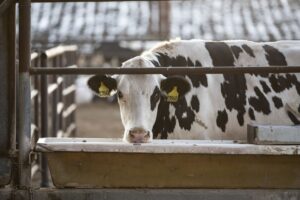
Cows play a vital role in global nutrition security
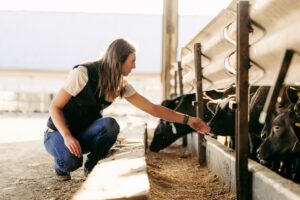
Like roots supporting a tree, cows provide unseen but vital support for human life
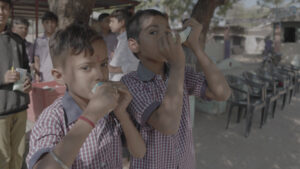
United Nations defines sustainable food systems as meeting people’s nutritional, economic, social and environmental needs
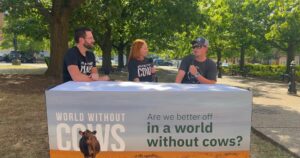
Michelle Michael and Brandon Whitworth hit the streets to find out how University of Kentucky students think cows impact our planet
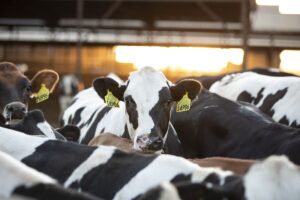
Methane produced by microbes that live in cows’ digestive systems help them turn things we can’t eat into the food we need
As climate change intensifies and the world’s population continues to grow, the pressure on our global food production system mounts. You can play an active role in shaping a more sustainable planet for future generations. Fill out the form below to learn more about how you can partner with us.